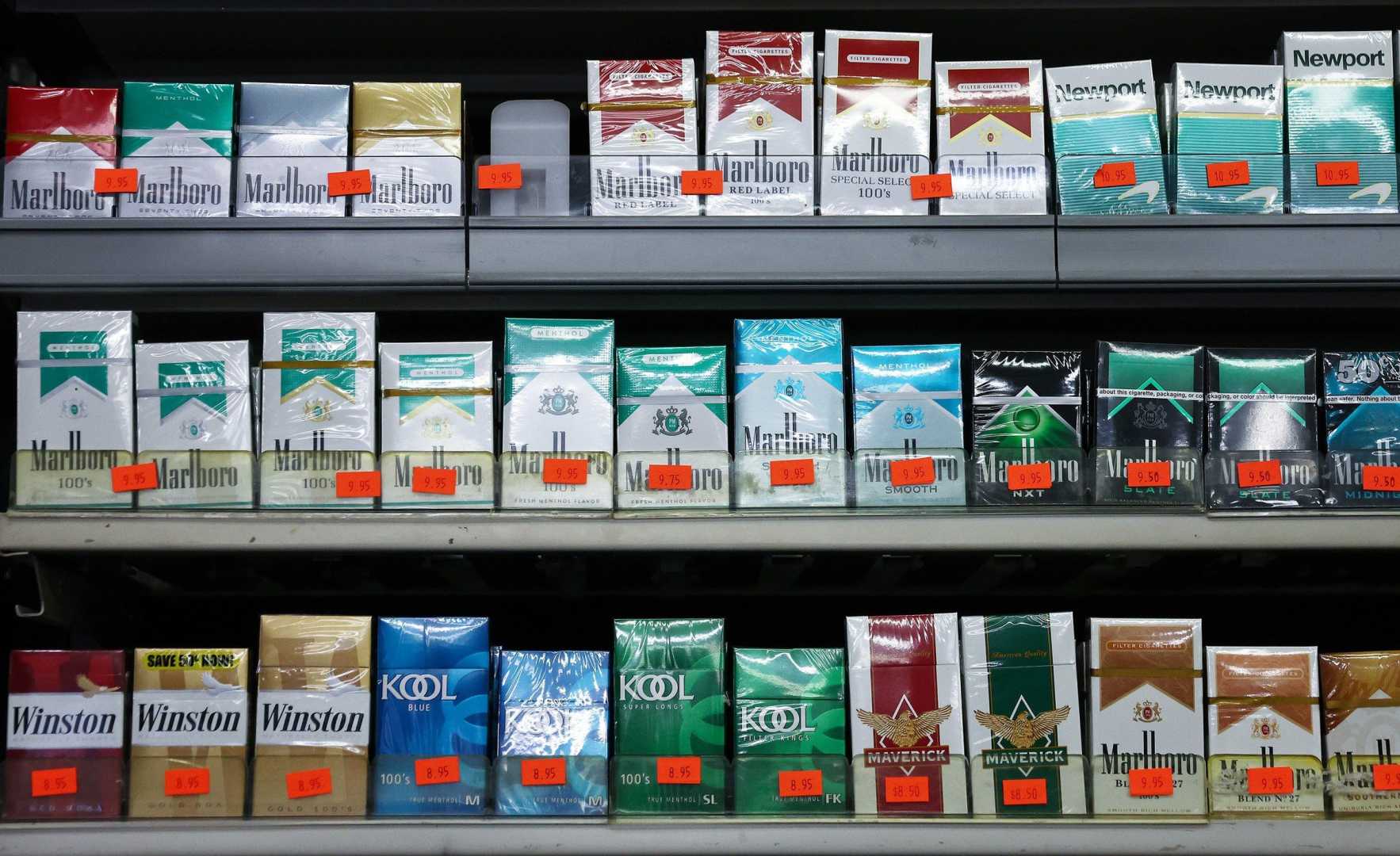Health
FDA’s Proposed Nicotine Reduction Could Fuel Black Market, Experts Warn

The U.S. Food and Drug Administration (FDA) is advancing a regulatory proposal to reduce nicotine levels in cigarettes, a move experts warn could inadvertently boost black market activity. The proposed rule, which aims to make cigarettes less addictive, has completed regulatory review but remains unfinalized as of January 3, 2024.
Rich Marianos, former assistant director of the U.S. Bureau of Alcohol, Tobacco, Firearms and Explosives, criticized the proposal, calling it a ‘gift’ to criminal organizations. ‘Whether it’s cartels, Chinese organized crime, or Russian mafia, this will keep America smoking and make the streets more violent,’ Marianos told Fox News Digital.
The FDA’s plan, part of President Biden‘s Cancer Moonshot initiative, seeks to lower nicotine levels to minimally addictive or non-addictive levels. FDA Commissioner Robert Califf stated in 2022 that this would help reduce youth addiction and assist current smokers in quitting. However, critics argue that the policy could lead to unintended consequences, including increased illicit tobacco trafficking.
Marianos highlighted the potential for Mexican cartels, Chinese counterfeit operations, and Russian organized crime groups to exploit the new regulations. ‘This decision is being thrown down the public’s throat without one ounce of thought and preparation,’ he said, emphasizing the lack of consultation with experts on the potential ramifications.
Lawmakers from both parties have previously warned about the national security risks posed by tobacco trafficking. In a 2023 letter to Secretary of State Antony Blinken, Senators Bill Cassidy, Mark Warner, Marco Rubio, Bill Hagerty, and Bob Casey noted that tobacco trafficking has been linked to financing other crimes, including drug and human trafficking.
Marianos also argued that reducing nicotine levels could lead to increased smoking as users seek higher doses. ‘People are going to smoke more. That is proven,’ he said, adding that the policy could negatively impact workplace productivity as smokers take more frequent breaks.
The Biden administration previously delayed a proposed ban on menthol cigarettes amid public backlash, with critics arguing it would disproportionately affect minority communities and fuel illicit sales. The FDA has not yet provided further comment on the nicotine reduction proposal, pending its publication.












